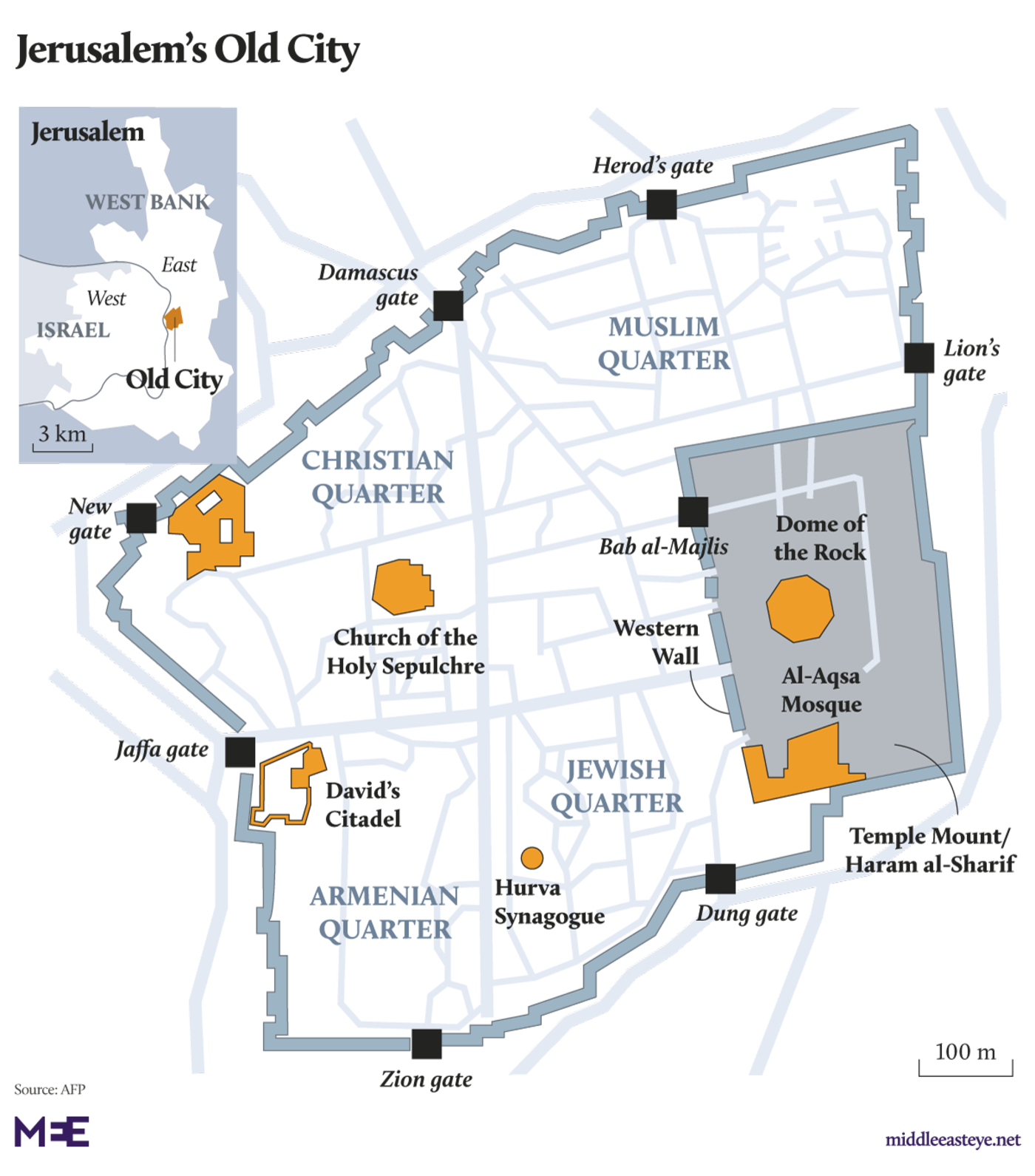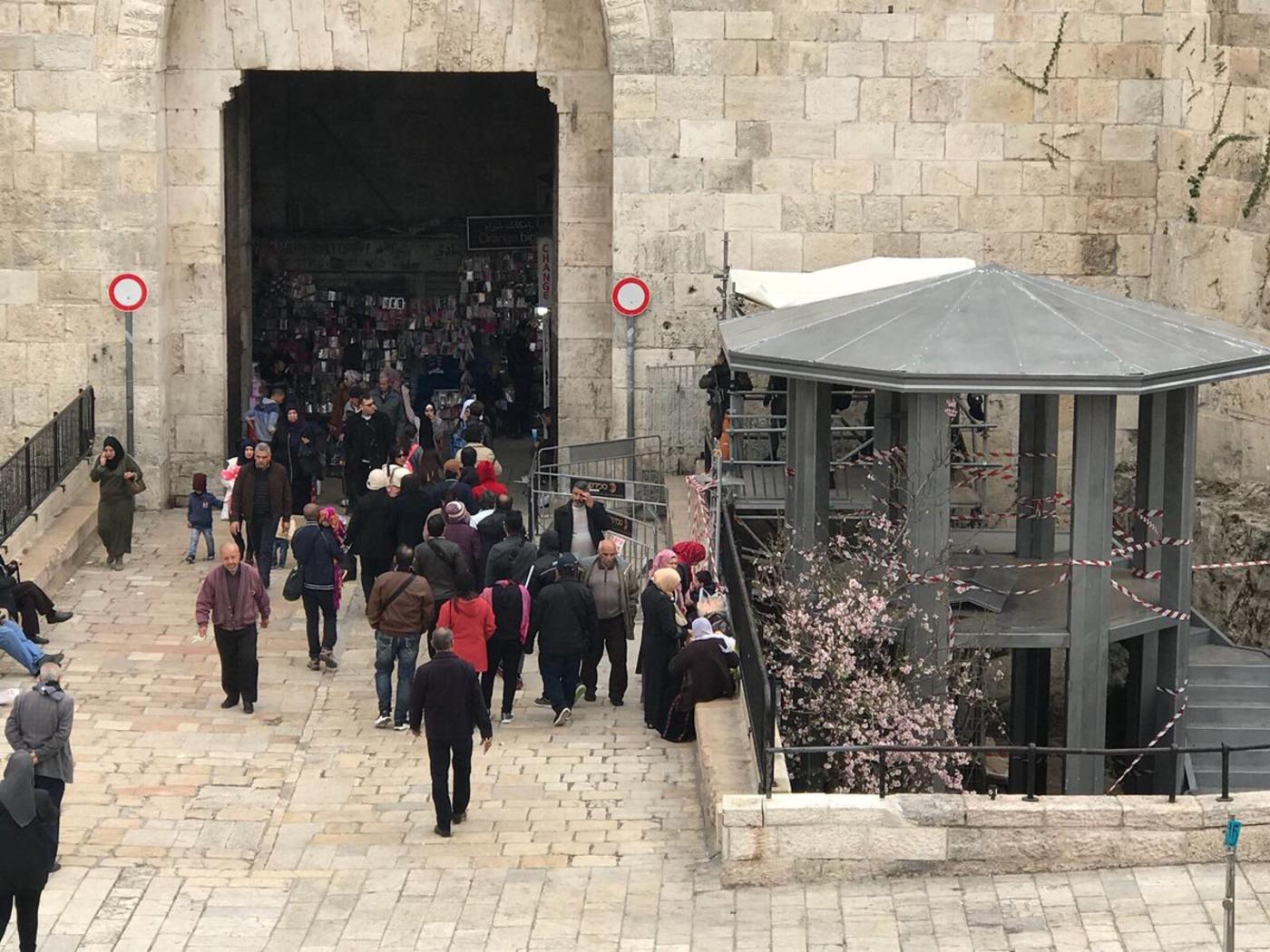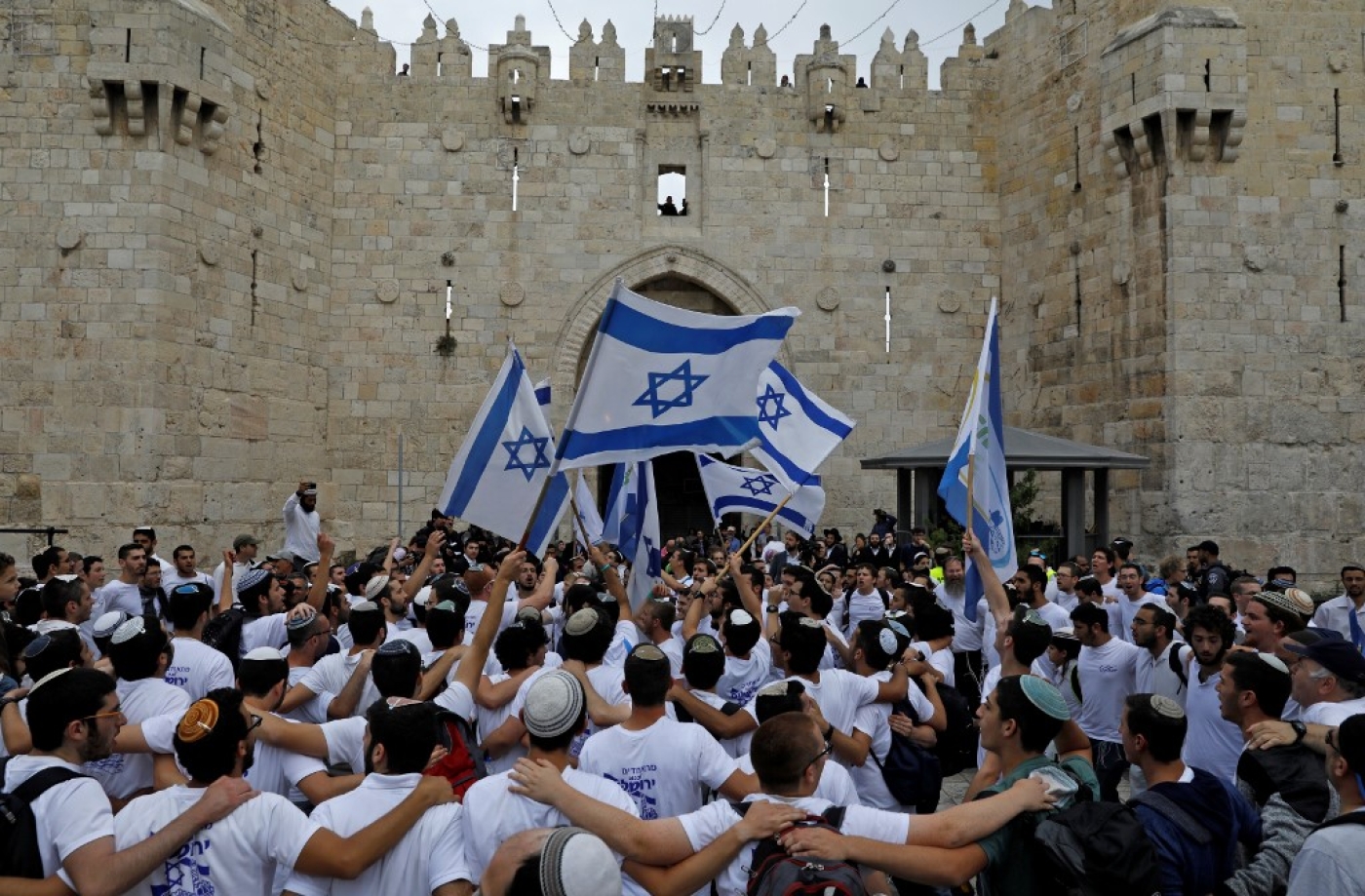From New Zealand and Australia, through Europe, to Canada and Brazil, many countries of the world witnessed demonstrations in solidarity with the protests in the United States against racism after the Minneapolis police officer killed a black American. However, the Arab streets were quiet, except for Tunisia and social media.
Policies of Donald Trump in dealing with the protests came in for harsh criticism by leaders of western countries allied to the United States. They condemned racism and criticized the U.S.s' approach towards the protests. Among those leaders, names like Chancellor of Germany Angela Merkel and Canadian Prime Minister Justin Trudeau can be seen.
Even leaders of East and West Asian countries such as China, Iran, and Turkey made comments on the developments in the U.S. and slammed discrimination against the black community in the United States.
However, the leaders of Arab states did not say a word. They remained silent on Trump’s inflammatory remarks and the protests taking place on the streets of American cities.
It seems that Arab regimes prefer to consider the protests just as an "internal American issue". Arab states and their foreign ministries didn't take a stand, even if they are not satisfied with Trump's policies. They tried not to anger the American president. They know very well that Trump does not even tolerate any criticism, even if it is soft.
These rulers prefer to remain silent due to political reasons. They try to avoid challenging an administration that supports their regimes, ignoring their human rights violations among other things.
"Arab silence over what happened in America is conceivable and comes in the natural context because many Arab regimes have accepted America's hegemony and are not allowed to oppose American policies," Triq Aboud, a Lebanese researcher in international policies, tells the Tehran Times.
Unlike Arab countries, Turkey condemns U.S. police violence
Amid the silence of the Arab leaders, Iranian President Hassan Rouhani and Turkish President Recep Tayyip Erdogan condemned the American police’s violence against black Americans.
"We saw this terrible silence on regular racist crimes in the U.S., and what makes it more interesting is that the silence was not limited to the Arab regimes. We also witness many regimes that claim to defend democracy in Europe and elsewhere, are sitting on the fence," Aboud says.
Although Ankara went to use American demonstrations as a pretext to criticize and attack Trump's policies, Turkish statements were less severe than the Iranian ones, which reflect the Ankara’s policy of "walking a fine line" without hurting relations with the United States."
In fact, Turkish policies in limiting freedoms at home in recent years don't allow Erdogan to make harsh criticism against others.
In fact, Turkish policies in limiting freedoms at home in recent years don't allow Erdogan to make harsh criticism against others.
The absence of Arab reactions
Silence at official level coincided with the absence of demonstrations on the streets of Arab countries, except for a protest organized by Tunisians.
Tunisian youth denounced racism and violence against people of color in the United States, after a wave of similar protests in many countries all around the world. Nevertheless, the reasons for Arab leaders’ silence may be different from that of the people.
"Actually, the Arabs decided to stay spectator, and some even supported the Trump administration's behavior in suppressing the protests," Khalil Nasrallah, a Lebanese political researcher, tells the Tehran Times.
"Most Arab regimes have exercised this oppression (against their own people) since their inception, as they have had the American support," he points out.
Nasrallah says it seems that the Arabs are busy with very crucial issues.
All Arab countries, from Iraq to Egypt, Libya, and Yemen, have concerns that are perhaps more important than what is going on in the United States, he adds.
It seems that Arabs are busy with their poor economic conditions or crucial political issues after the failure of the so-called "Arab Spring", the Lebanese researcher remarks.
“Most Arab countries… have concerns that are perhaps more important than what happened to George Floyd," Aboud opines.
He adds, “Without the slightest doubt, everyone is annoyed by the death of George Floyd and they are critical of racist practices by American police. Still, the space for freedom and expression of opinion is perhaps more available in cities like Madrid or London and Paris compared to Arab countries."
Aboud goes on to say, “Moreover, existential challenges face an Arab citizen; challenges even threaten his health and take the most important part of his life… For an Arab citizen, the priority now is to earn a loaf of bread, though millions of Arab people sympathize with the black community in the United States against racism.”
Nasrollah says, "Americans don't care what Arabs think; nevertheless, American sanctions may include them," Nasrollah notes.
Social media and political reforms
Social media is the most dynamic medium for the Arab world to react to George Floyd's death and the only outlet available for many to express their views.
There were many comments denouncing racism and showing solidarity with the protesters across the globe.
Saudi scholar Abdullah Al-Awdah, son of the arrested cleric Salman Al-Awdah, compared the reactions to the killing of George Floyd to the assassination of Saudi journalist Jamal Khashoggi, stressing the similarity of their last words, "I cannot breathe."
Drawing an analogy between the U.S. and Saudi Arabia, Al-Awda says there is a "great difference between a nation that is rising up ... and a nation being suffocated and cannot breathe."
Former Egyptian Vice President Mohamed ElBaradei on 5 June 2020, argues in a tweet, that "in democratic systems, peaceful demonstrations, despite any abuses, usually result in structural reforms in response to popular demands. In authoritarian regimes, protests usually result in a clash that ends with the collapse of the entire system. The difference is between a Flexible and durable system that allows change and a fragile and weak regime that does not allow repair."
Eyad Al Hallaq, a Palestinian "George Floyd
Another wave of controversy erupted after the Israeli police killed an unarmed, autistic Palestinian. The incident was compared to George Floyd's death by many.
Arab media described Iyad Al Hallaq, as "Palestinian George Floyd."
In this context, Mohamed ElBaradei asks: "Why do we not see sympathy for the Palestinians as we see for the blacks in the U.S., even though the discrimination against them is more severe? Did we fail as Arabs in serving our goals outside the slogans? Or are we linked to terrorism based on a false vision? Or due to poor global media attention? And perhaps the influence of the Israeli lobby?




































